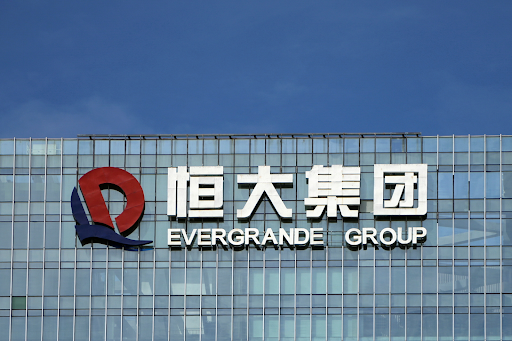Ajay Hanje, Pune
China’s Everygrande group is going to restart their stock on Monday, after 17 months of suspension. This happened after the reporting of the highest debt, a real estate developer debt of $4.5 billion in the first six months of this year.
Bloomberg reported that the company is currently restructuring their debt, as the company disclosed a loss of $4.5 billion(33 billion yuan) from the period 1 January and 30 June. This report was presented to Bloomberg by the Hong Kong Stock Exchange on Sunday. This loss cumulatively adds to the loss of 582 billion yuan in the past 2 years. After its downturn in 2009, the company lost its mark.
The company had submitted a request to the Hong Kong Stock Exchange to start over with their stock at 9 a.m. Monday. Also, the company said that they will enhance their internal control system and complete the procedures to meet Hong Kong regulations.
Evergrande had a cumulative net loss for the time period of 39.3 billion yuan, according to the filing made on Sunday. The corporation also announced its total liabilities, which at the end of June totaled 2.39 trillion yuan. The total for the first half was 1.78 trillion yuan after contract-based liabilities of 604 billion yuan were excluded, up from 1.72 trillion yuan in the prior year of 2022.
As of June, Evergrande had total assets of 1.74 trillion yuan, including total cash, cash equivalents, and restricted cash of 13.4 billion yuan, the company said in its statement. According to Bloomberg, the outcomes provide offshore bondholders with more information to consider when they evaluate the company’s proposed debt restructuring. The powerhouse in defaulting real estate has also requested to call meetings for creditors to ratify its reorganization plan for its offshore debt on Monday.
The corporation reported in April that 77% of the holders of its Class A bonds supported the idea, compared to only 30% of the holders of its Class C bonds. Following PricewaterhouseCoopers’ resignation as Evergrande’s auditor in January, Prism, a somewhat modest accounting company, reviewed the financial outcomes. Prism did not provide a firm evaluation of the interim results report, noting a number of concerns.
